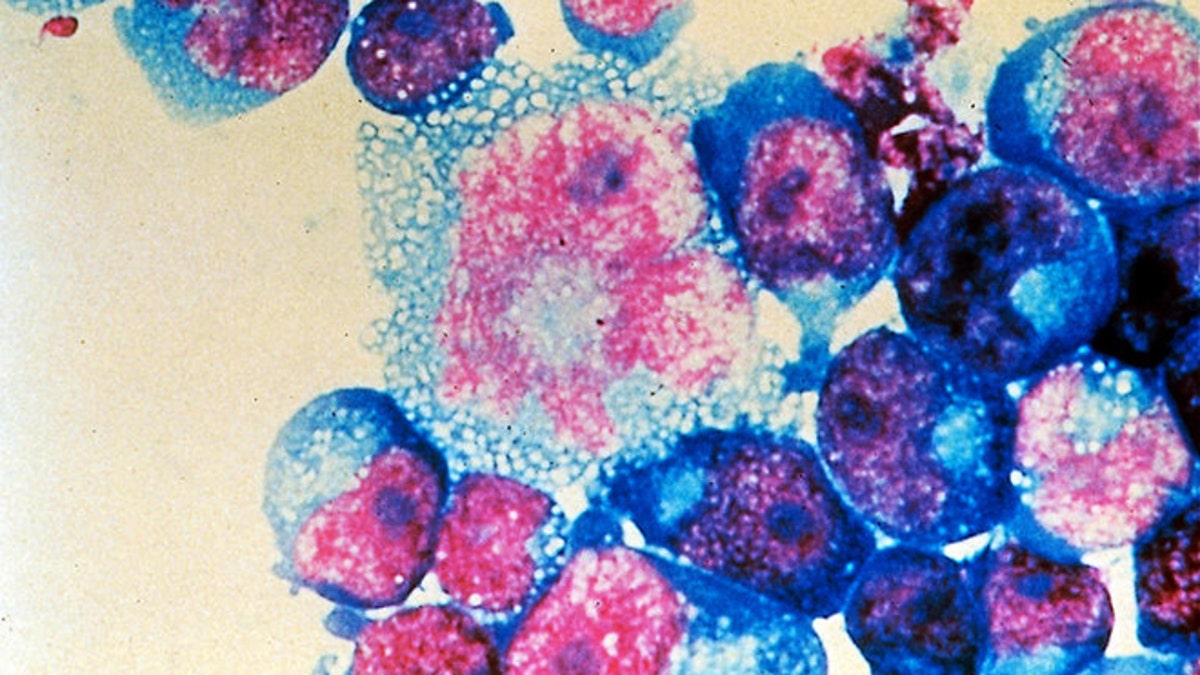
An especially aggressive form of the HIV virus that can develop into AIDS within 3 years rather than the usual 5 to 10 years , has been found in Cuba, Voice of America reported over the weekend.
The fear is that the disease could progress so quickly that treatment with drugs may not be effective.
The Belgian doctor Anne-Mieke Vandamme, one of the co-authors of a paper published in the journal EBioMedicine, told VOA, that Cuban health officials contacted her team.
“The Cuban clinicians had noticed that they recently had more and more patients who were progressing much faster to AIDS than they were used to,” Vandamme said. "And we know that because they had been HIV-negative tested one or a maximum two years before."
The HIV virus typically latches onto one of two types of co-receptors — proteins on the membranes of cells — CCR5 or CXCR4.
Vandamme said, “In the normal progression of the HIV to AIDS, it often happens that the virus switches co-receptor. It almost always starts with using CCR5 and then it switches to CXCR4 after many years. And once it switches the progression to AIDS goes very fast.”
In the Cuban patients, however, HIV appears to make the transition shortly after infection.
They also had a much higher amount of the virus in their blood than those with the less aggressive form of HIV.
While the variant, which researchers named CRF19, does appear to respond to antiretroviral drugs now in use to combat HIV/AIDS, its rapid progression makes it problematic to treat.
Vandamme told VOA that it’s vital for people having unprotected sex with multiple partners to be tested for HIV early and often.
If patients are exposed to multiple strains of HIV, the different types may recombine into a new form.
The Cuban variant has been seen before in Africa, but only sporadically, and in not enough cases to study. Vandamme and her fellow researchers studied the blood of 22 Cubans with the CRF19 variant.
Like us on Facebook
